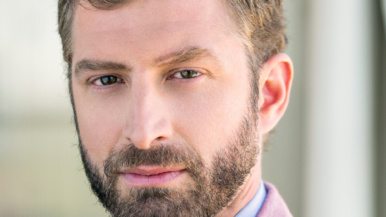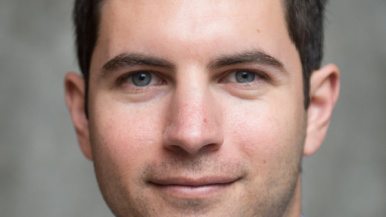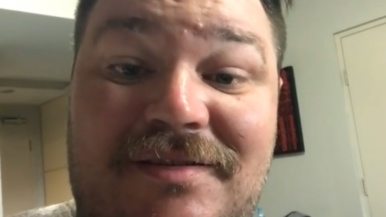Q&A: Immigration lawyer Paul VanderVennan on the Canadian consequences of Donald Trump’s executive order

On Friday, Donald Trump signed an executive order that restricts U.S. travel and immigration for citizens of seven Muslim-majority countries for 90 days. At first, the order appeared to affect visitors and immigrants from Iran, Iraq, Syria, Sudan, Libya, Somalia and Yemen, even if they had dual citizenships or valid U.S. visas. Its vague wording created mass chaos at airports over the weekend as border agents, lawyers and travellers struggled to figure out exactly how the new rules apply. We spoke with Toronto lawyer Paul VanderVennan, who specializes in refugee law, about how the ban affects Canadians. He did his best to explain the inexplicable.
Are any Canadians or Canadian permanent residents affected by the travel ban?
It’s unclear. The executive order does not exempt citizens or permanent residents of other countries, including Canada, from the ban. We’ve had some assurances from White House officials that Canadian citizens from these countries won’t be affected. But I would not place any confidence in that yet. Everything still seems to be open to interpretation.
Have you heard of any Canadians being turned back at the border yet?
I have not.
Are people getting across without problems?
I don’t know. Ahmed Hussen, Canada’s immigration minister, has said permanent residents are exempt, but I would be very careful about that. I had a Canadian permanent resident from Iran asking me if he can go to the States, and I advised great caution.
Is there a surefire way to avoid detention?
One thing people could do is fly to the U.S. through Pearson, where you have U.S. customs pre-clearance. At least then, you’re not subject to detention in the U.S. If you’re turned away, you can go home.
And there are several Canadian airports that have pre-clearance, so they could take their pick.
Yes. Pearson has pre-clearance, as do airports like Trudeau Airport in Montreal and Vancouver International. But Billy Bishop does not. If you fly to the States from Billy Bishop, you have to clear customs upon your arrival in the U.S.
Some activists are encouraging Canada to loosen its entry requirements to accommodate people who are now being turned away from the United States. How easy would it be right now for a U.S. refugee claimant to switch their claim to Canada?
The Safe Third Country Agreement restricts cross-border refugee claims. A person in the U.S. cannot make a refugee claim at the Canadian border unless they have an anchor relative in Canada. It would be very difficult.
Has Donald Trump’s presidency led to an uptick in inquiries to your office? Are people starting to deluge you with worried phone calls?
Yeah. We’ve received maybe a 10 per cent increase in call volume. Plenty of people were worried even before these executive orders were signed. The calls came not only from Muslims, but from also from non-Muslim Africans. Some of them are afraid for their physical safety.
Is it unusual for new immigration policy to be rolled out in this way? Wouldn’t we expect some warning, or more detailed explanation?
Absolutely. This is unique. It’s going to be challenged all the way. Under normal circumstances, I would expect something like this to pass through the legislature, rather than through an executive order. I’m not aware of a sweeping immigration change through executive order.
Would it ever be possible for a Canadian prime minister to implement changes as quickly as Donald Trump did? Or is the process different in Canada?
The process is different in Canada. We have very strict rules about what can be changed through a regulation. Some things can only be done by Parliament. There are only a few things that can be changed by the cabinet or the prime minister without it passing through the legislature. This isn’t one of them.





